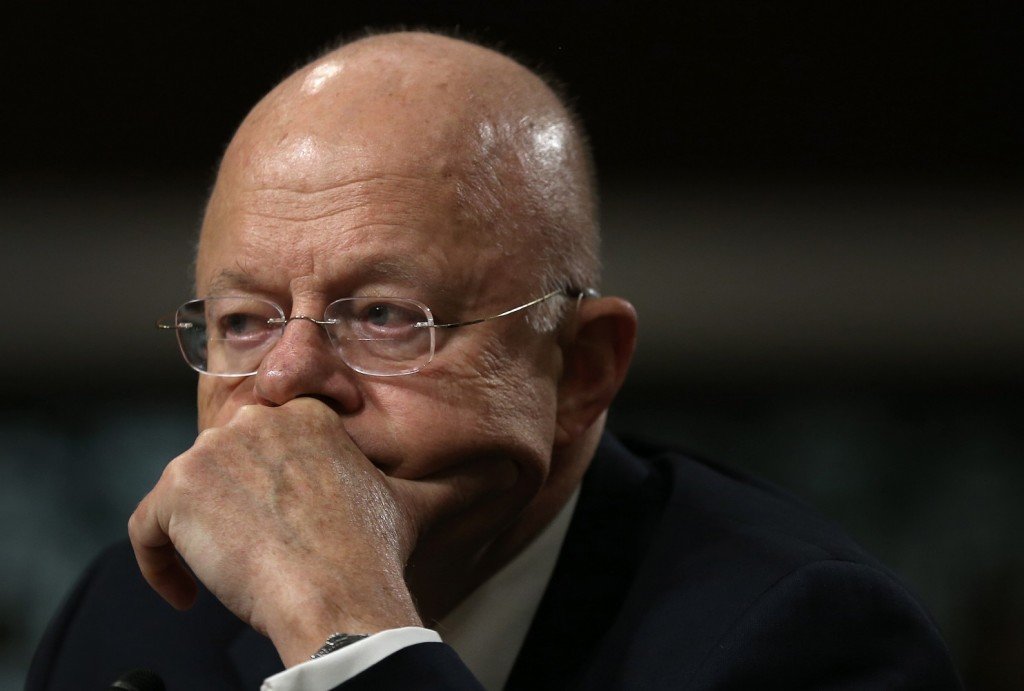 Confessions are considered a highly important piece of evidence in any court of law in the world, however, in the US at least, it’s not enough to grant a conviction. If someone admits to a crime, you’d think that would be enough – it’s not. Independent evidence which corroborates the confessions are required, for a sound verdict to be announced.
Confessions are considered a highly important piece of evidence in any court of law in the world, however, in the US at least, it’s not enough to grant a conviction. If someone admits to a crime, you’d think that would be enough – it’s not. Independent evidence which corroborates the confessions are required, for a sound verdict to be announced.
Apparently however, confessions aren’t all about pointing fingers, and can have some dramatic effects to defendents who are actually innocent. A new study found that in cases where suspects confess to a crime, heavily influence forensic examinations that then tend to lean towards finding by all means evidence to support the guilty verdict – even if the confession is coerced or false.
Saul Kassin, Daniel Bogart and Jacqueline Kerner analyzed 241 cases from the , which uses DNA tests to try to exonerate prisoners who are in fact not guilty. Most of these wrongful conviction involve bad eyewitness testimonials, proven to be mistaken. A quarter of the bad verdicts, however, involved false confessions.
These false confessions were soon followed, usually, by a botch of forensic evidence. Too fast, too soon, out of nowhere. This certain sequence of events has lead the researchers to believe that the investigators’ scientific conclusions were corrupted by belief in the defendant’s guilt.
The study throws doubt on a critical legal concept designed to safeguard the innocent: corroboration. Appeals courts uphold a conviction even if a false confession is discovered, as long as other evidence—say, forensics or other witness testimony—independently shows guilt. “What these findings suggest is that there may well be the appearance of corroboration,” says Kassin, “but it is false evidence that was corrupted by the confession—not independent at all.”
The study was published in the journal .


